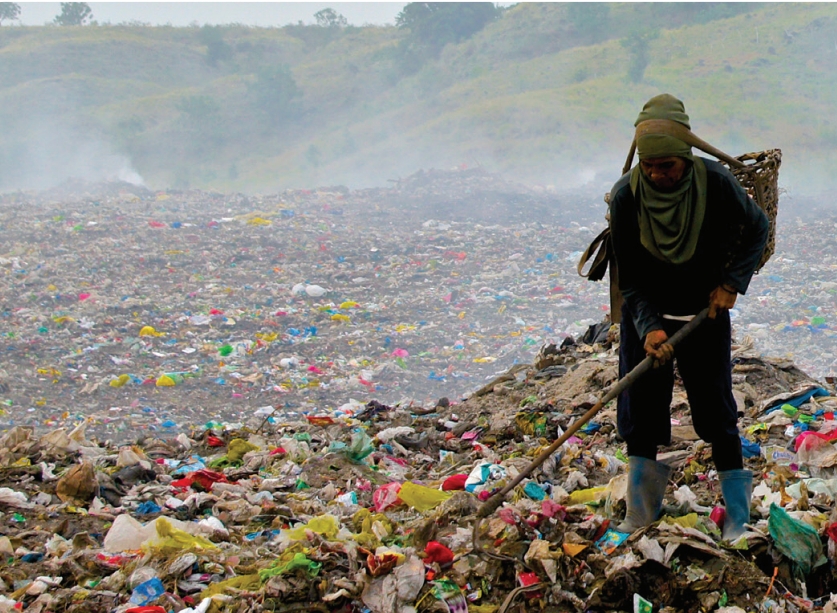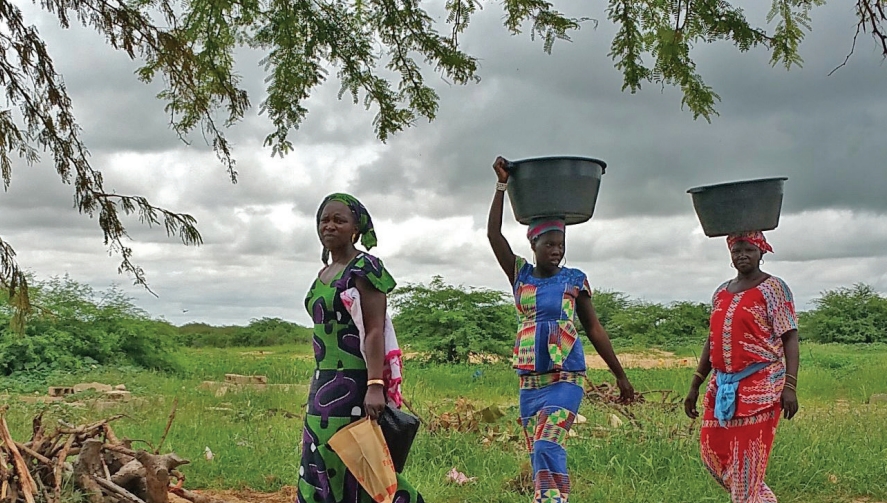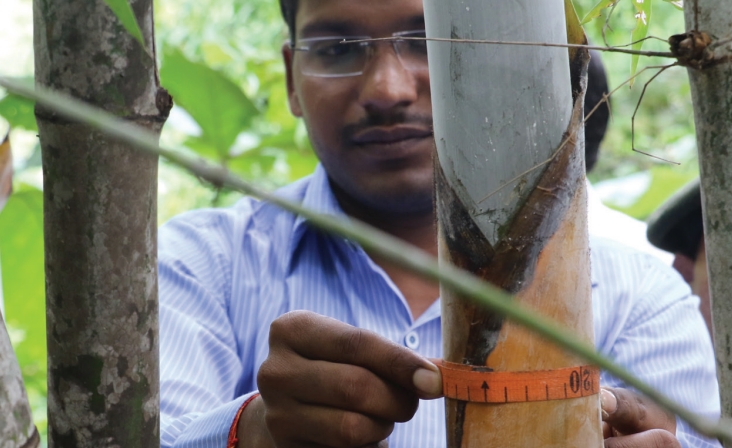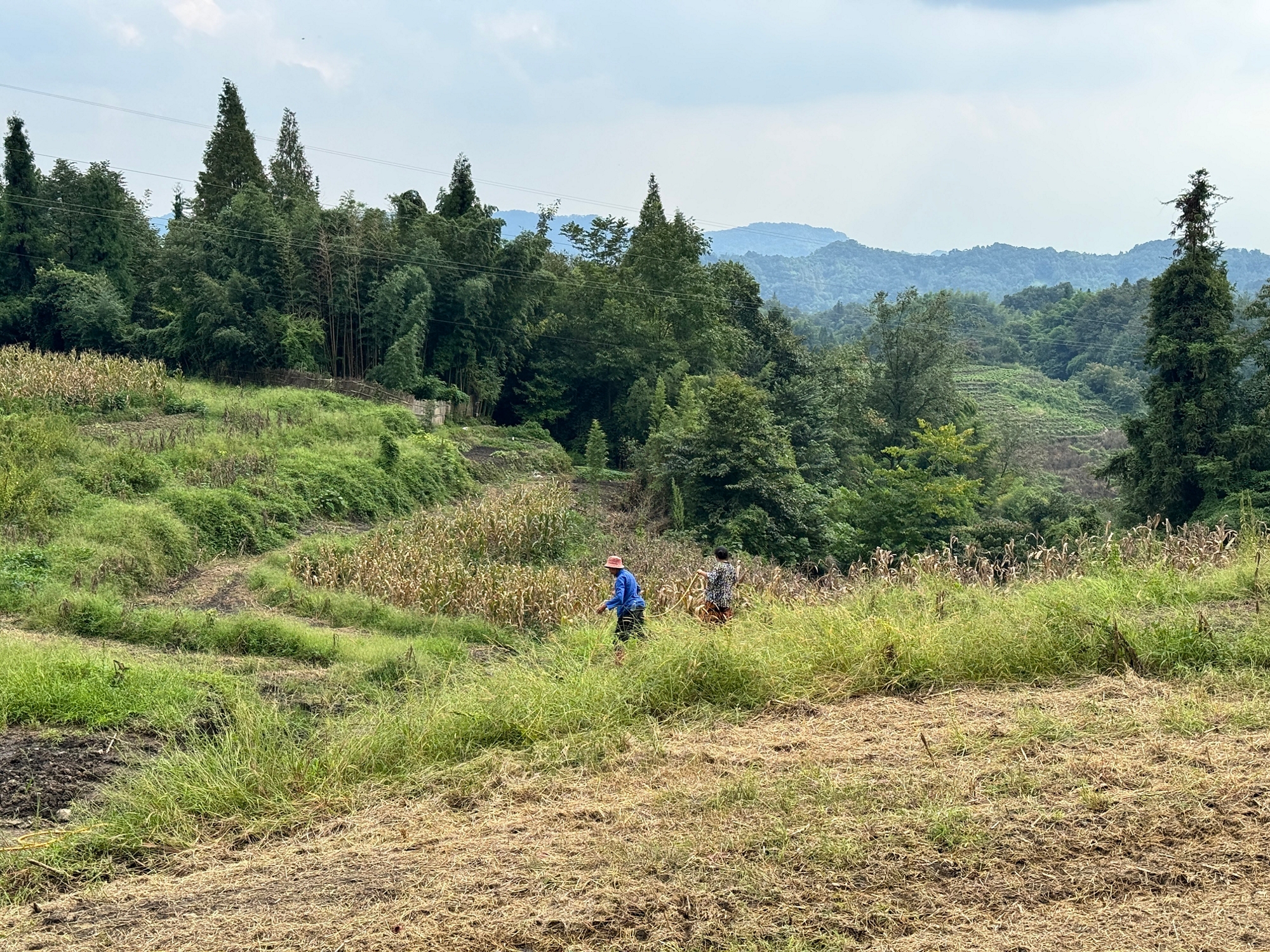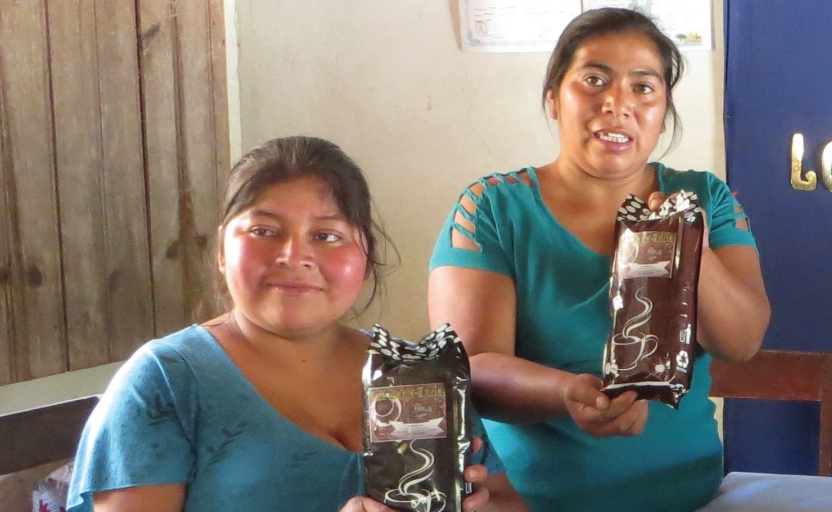- Training
- OPS7 Learnings
- OPS6 Briefs
Overview
The Seventh Overall Performance Study (OPS7) is an important evaluation conducted by the GEF IEO to understand how well the GEF is achieving its goals. OPS7 reviews GEF’s work over several years to identify what is working well and where improvements are needed.
Through OPS7, the IEO gathers lessons and insights from past projects and programs. These learnings help shape future GEF strategies and decisions to make sure that funding is used effectively to protect the environment and support sustainable development worldwide.
Key lessons from OPS7 include the importance of:
- Focusing on measurable environmental results,
- Engaging local communities and partners early and meaningfully,
- Strengthening the link between environmental projects and national priorities,
- Improving monitoring and evaluation to track progress,
- Promoting innovation and flexibility in project design.
Learnings
By sharing these learnings openly, OPS7 helps the GEF community-including countries, partners, and stakeholders-work together more effectively to tackle global environmental challenges.
Overview
The OPS6 Briefs provide easy-to-understand summaries of key findings and lessons from the sixth overall performance study of the GEF. OPS6 evaluates how well the GEF has supported environmental projects around the world, looking at what works, what challenges remain, and how the GEF can improve.
These briefs cover important topics such as biodiversity, climate change, sustainable development, and funding effectiveness. They are designed to help policymakers, partners, and the public quickly grasp the impact of the GEF’s work and inform future decisions.
Each brief highlights clear recommendations and practical insights based on thorough research and analysis, helping to guide the GEF toward even greater positive outcomes for the planet.















